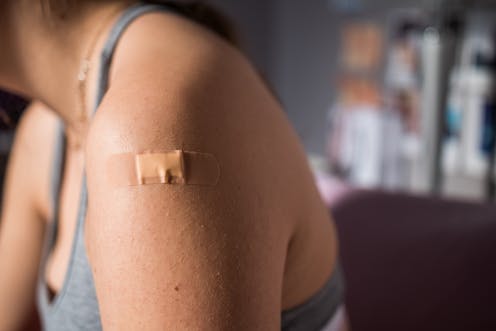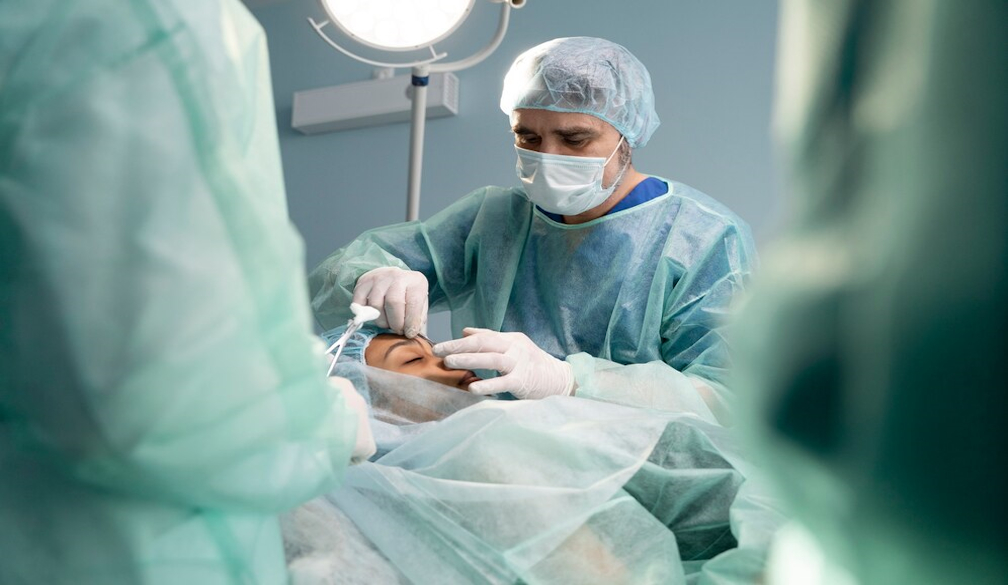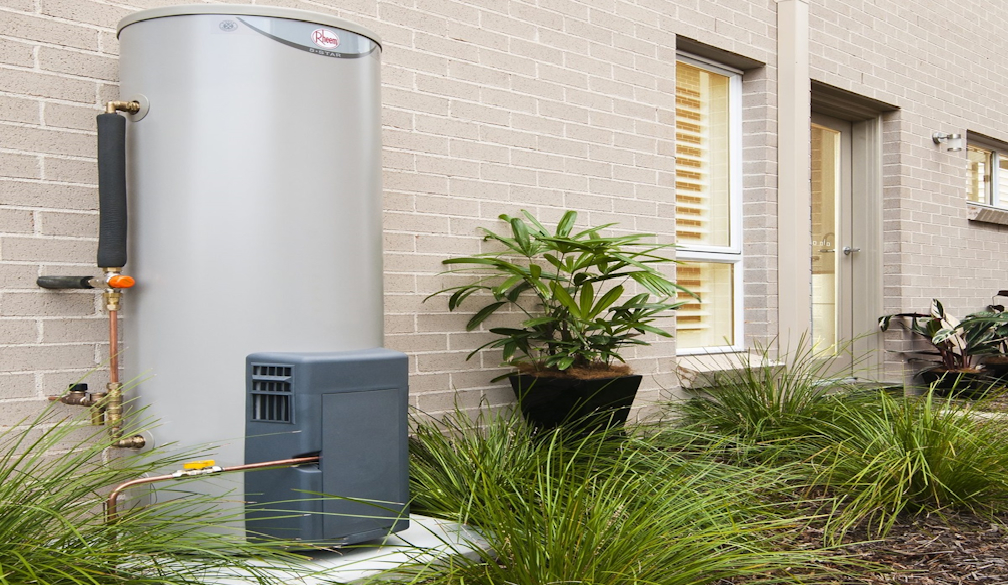Haven't yet been vaccinated for COVID? Novavax might change your mind

After significant delays in production and approval, Novavax – the first protein-based vaccine against COVID approved in Australia – is now available.
Unvaccinated Australians can receive Novavax for their first and second doses, at least three weeks apart, at pharmacies, GP clinics and vaccination hubs.
So what makes Novavax different from the other vaccines? And why are some people waiting for it to get vaccinated?
What is Novavax?
Novavax (or Nuvaxovid) is a protein-based vaccine, meaning it contains a protein fragment of the COVID spike protein.
These fragments are taken by specialised immune cells which direct an immune response against the SARS-CoV-2 virus which causes COVID.
While these proteins are from the SARS-CoV-2 virus, there is no live virus in the vaccine, and it cannot cause COVID.
The company doesn’t even use SARS-CoV-2 virus to gather the protein, instead using moth cells which have been engineered to produce it.
Each of the two 0.5ml doses contain 5 micrograms of the spike protein and 50 micrograms of an adjuvant called Matrix-M. An adjuvant is a compound which stimulates the immune system. It ensures the immune system picks up the protein fragments.
Matrix-M is a compound derived from the soapbark plant (Quillaja saponaria). It forms part of the plant’s defence against insects and is used to improve the immune response with protein vaccines.
After injection, immune cells rapidly move to the injection site and clear both the adjuvant and viral proteins.
Read more: What is Novavax, Australia's third COVID vaccine option? And when will we get it?
Who can get Novavax?
In Australia, Novavax is only approved for use in adults aged 18 and over, and only as a primary course of treatment – for doses one and two.
To date, there is no published data available on its efficacy and safety in children, or as a booster for adults.
This may change in coming months as paediatric and booster dose studies continue and additional data on this is provided to Australia’s regulator, the Therapeutic Goods Administraion (TGA).
How effective is it?
Novavax has been shown to be effective in clinical trials, particularly against the original, Alpha and Beta variants. In these studies, Novavax offered 90-92% protection against symptomatic disease, and higher protection against hospitalisation.
A study later showed a lower efficacy (60%) in South Africa against Beta, though it was small and complicated by a large HIV-positive population.
However, there is no specific evidence of Novavax’s efficacy against Omicron. The company reported in a press release its ongoing trial in 12 to 17 year olds has shown “robust immune responses”, though these reports are unverified by scientists.
Is it safe? What are the side effects?
Novavax has a similar safety profile to the other vaccines, with a number of common immediate side effects. These occurred in around 60% of those receiving a first dose and 80% with second dose.
The most common side effects were injection site pain and tenderness, headache, fatigue and muscle pain.
To date, no rare serious conditions are associated with Novavax. This includes blood clots associated with AstraZeneca. While there were three cases of heart inflammation in the trials, one was in the placebo group and the other two are yet to be clearly linked to the vaccine, due to the rarity of the adverse event.
However, further side effects may emerge as the vaccine rolls out across a larger population, as was the case with the other vaccines.
Why are some waiting?
Some people have been waiting for Novavax to get vaccinated against COVID, because of fears about the mechanisms by which other vaccines work.
While Novavax directly places the COVID spike protein in reach of the immune system, the mRNA (Moderna and Pfizer) and vector (AstraZeneca and Johnson & Johnson) vaccines take advantage of our bodies’ own protein-making systems to produce it in the body.
This has been the centre of a mass misinformation campaign falsely claiming they cause permanent changes to our genetics, and therefore have long-term consequences. This is untrue but has still caused concern and vaccine hesitancy in some people.
Read more: No, COVID vaccines don't stay in your body for years
Others who are unable to receive the mRNA or vector vaccines, such as those with polyethylene glycol (PEG) allergies, may be able to receive Novavax.
Further, some religious believers have concerns about how some COVID vaccines were developed using human embryonic cell lines, however these are cell lines grown in a lab from samples collected decades ago. No embryonic cells are included in the actual vaccines.
Read more: Cells from human foetuses are important for developing vaccines – but they’re not an ingredient
Novavax, in contrast, was developed using a moth cell line.
Whatever the reasons for choosing Novavax, its a welcome addition to Australia’s suite of vaccines and will likely boost our protection against COVID.
Authors: Jack Feehan, Research Officer - Immunology and Translational Research, Victoria University





